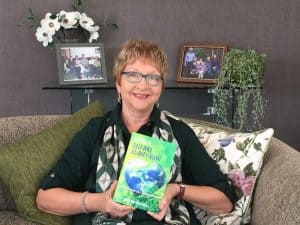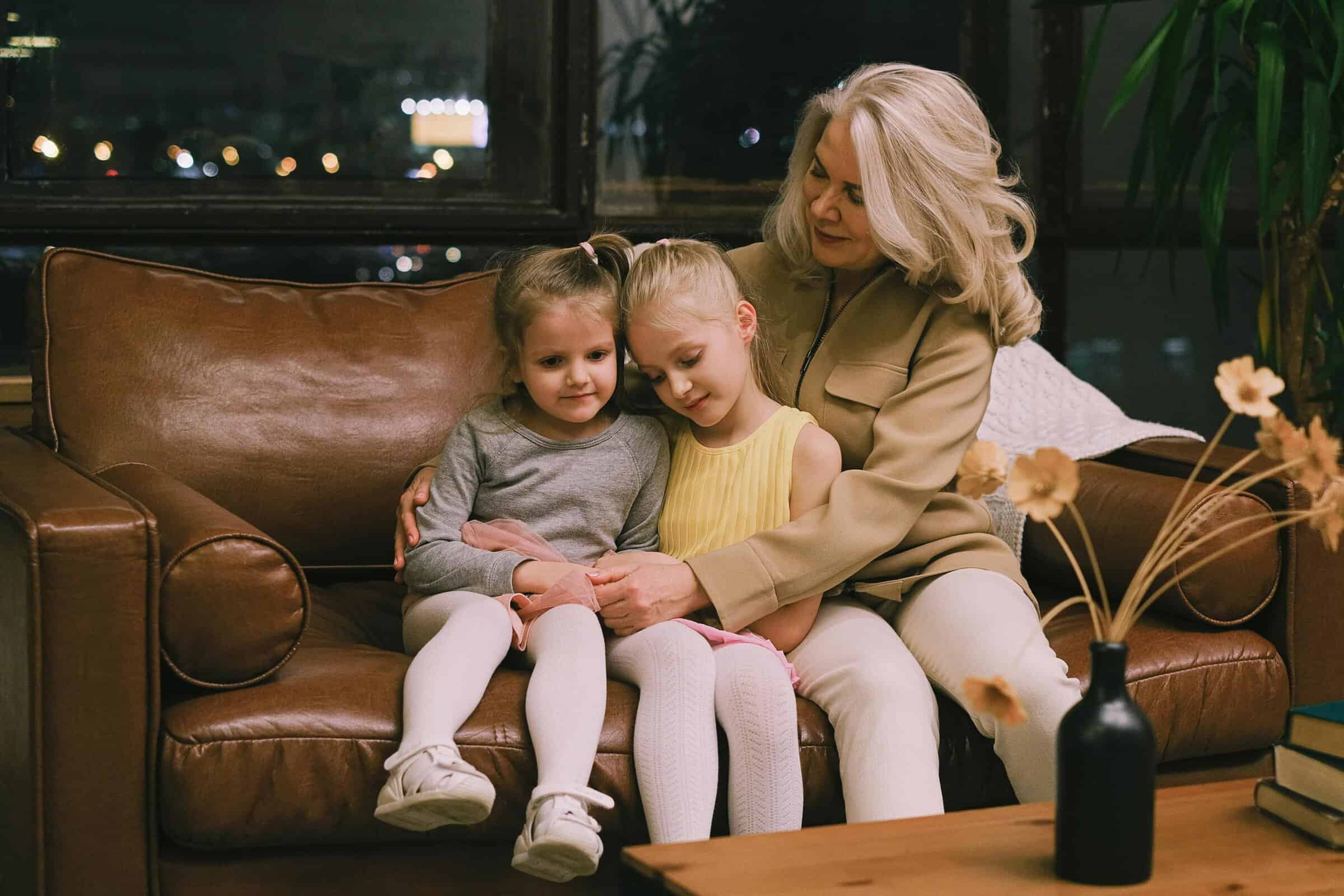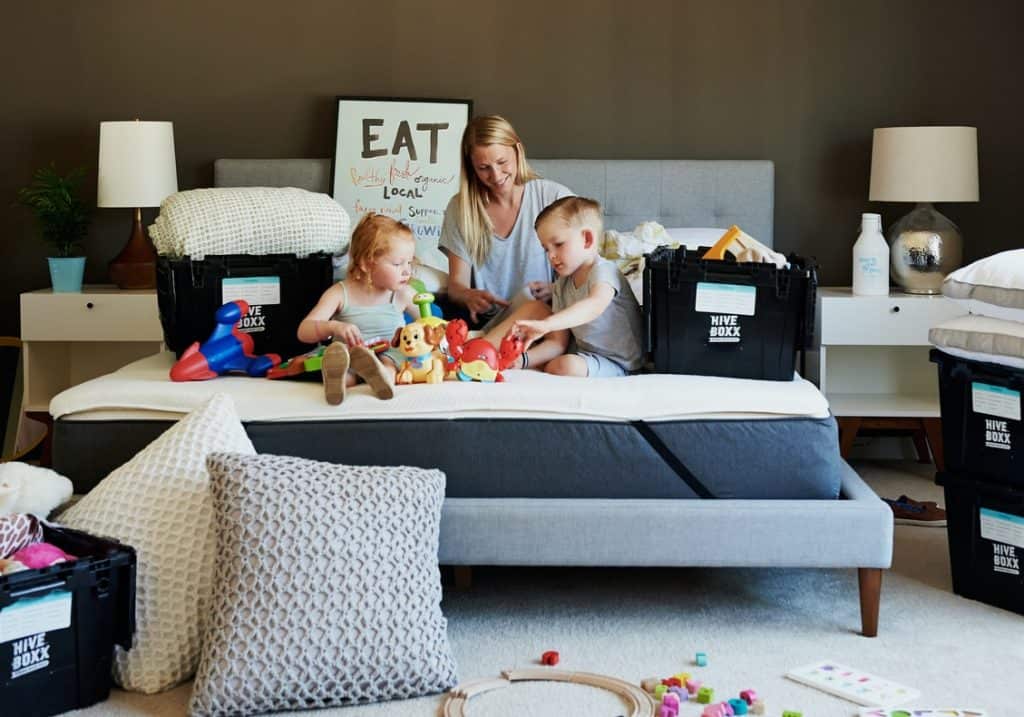By Robyn Vogels
7 058 239[1]
What is this number?
This is the daughters, the sons and the grandchildren who have left South Africa. Let us now double that figure to calculate how many grandparents were possibly left behind. Of course, many support their parents and often help them with migrating and thus reuniting the family on foreign shores, but the numbers still stack up.
I discussed this subject with Helen Ellis, a New Zealand writer, researcher, anthropologist, and distance grandparent. She completed her Masters degree studying this exact topic and it is timely given the amount of migration across the globe. Helen herself is a distance grandparent and distance parent. Realising there were very few resources out there to help families in her situation, she decided to write a book. Now, she shares her knowledge and expertise in her first of a three-book series, Being a Distance Grandparent – a Book for ALL Generations.
Empathy is the key
Helen says: “If we understand each other, empathy is generated and empathy is good within distance families. So, this is my humongous task. I’m an intergenerational empathy generator!”
Her goal is to help distance families understand each other better.
Essentially, connecting the dots between the generations and across the globe!
With globalisation becoming such a bigger part of everybody’s lives, it is something we all just need to be aware of. Sometimes we don’t realise our role and the impact we have on others. When families are blended, dynamics are so varied; it’s more important than ever to understand each person’s perspective.
It all comes down to clear, empathetic communication.
The generational differences
All too often we find that it is the older generation, the grandparents, that have to “make do”. It is always the grandparents that “take what they can get”, such as organising their holidays at a time when they can see grandchildren, for example. Visits revolve around that middle generation’s lifestyle. Grandparents, all too often, have to reorganise their plans to accommodate their children and grandchildren.
The middle generation, however, has a lot of juggling to do – between work time, nap times, mealtimes, etc. Therefore the grandparents – near or far – have to fit around this schedule. Of course, holidays are an issue since the northern hemisphere and southern hemisphere have summers at different times. “My American grandkids and my English grandkids can’t come and have an extended holiday in New Zealand in the summertime; because they’ve only got two weeks off school! Full reunions with them all together for Christmas and New Year are impossible!” explains Helen.
What connects people?
What is it that connects people? Ask any migrant and the first thing they might say is family, followed by food. Family and food are strong connectors. When families are together, it’s food that brings them closer together. Around the table, the BBQ, perhaps at a restaurant, food is such a connector of people but seems to be a connector of our roots and upbringing too. Food utilises so many of our senses: the smells, the noises, and being a good listener at the same time. It’s using all those senses of listening, smelling food, tasting, seeing things. It all connects us to the senses. More often than not, it reminds us of times gone by.
“I think about the fingerprints on my glass sliding doors that I didn’t clean for a while after my 15 month old grandchild left … you just leave those fingerprints there as a reminder. Or there is the stray sock under the couch cushion that didn’t quite make it to the washing machine. The first thing you do is put it to your nose! These are the small things that help you to feel a little less alone,” says Helen.
These grandparents need to remember they are not alone. There are other distance grandparents and parents in their neighbourhood, down the road or in the shopping aisle next to them.
Helen’s top tips for the departing family before you leave
Start thinking about it early on
I know you have a lot to think about and you do not need more things to occupy your thoughts, but trust me when I say that whatever you do now is going to smooth things down further along the line.
When the possibility of moving abroad appears on the horizon, I would suggest talking about it with your parents – even if there is no certainty about it yet. Waiting to break the news to them once the decision has been taken and everything has been arranged, may come as a big shock for them and they may never forgive you.
Plant a seed, plant a seed, plant a seed. Start the process by saying things like: “So, we’ve been thinking … it is a big decision … we can’t be sure, but this is what we are considering.” Allow them time to grieve, time to think about it, time to look around at all their friends who are also distance grandparents and to realise they’re going to be in the same boat soon. It gives them much needed time to prepare themselves for what lies ahead, so I really recommend that. If your plans do not work out, there will be no harm done. If on the other hand your plans succeed, it will ensure that they have had time to begin the adjustment process.
Be on the same page
If you are a couple you need to be on the same page with everything that’s happening. You’re going to be tested many, many times in ways you don’t quite know yet – good as well as bad ways – so make sure you are on the same page.
Consider the time zone change
Start thinking now and get the clock out to figure out what is the likely time of the day, and day of the week, you’re going to be calling your parents. You can even start a routine before you leave. “Soft communication” routines are common and create a rhythm, for example Sunday mornings South African time or any other pre-arranged time during which you can catch up through video calls. Consider if your parents normally go to church on Sunday. This is likely an important commitment for them and a crucial source of support, so it’s best not intruded on.
Remember, the long-distance relationship must work both ways. The grandparents are usually willing take your advice. In order for them to connect with their grandchildren, you can for instance advise them to buy a book of riddles or read up on the latest discoveries on dinosaurs so they can talk about what a Tyrannosaurus rex is. If you give the grandparents guidance on what to do, they will go and do the homework.
There are so many games you can do now online together – scrabble, word searches, Candy Crush and more. You can connect with family members and share something you have in common. Keep in mind that it needs to be age-appropriate, but there is a lot of options available.
Install needed tools
Some technical advice is for the distance son or daughter who is leaving, to install TeamViewer on their parent’s devices or computer. This means you can remotely access their computer and help them with issues they might be having or to download a new app, new song playlist, anything. Test the software prior to your departure. Make sure grandparents understand how to get that password and email it. For them it is absolutely magic to have a loved one be able to fix whatever needs to be fixed. Grandparents are eager to connect, so they will be open to anything.
Helen’s book is available in ebook and paperback format. An audio version will also be released later in 2021. Her website’s shop page directs you to the global platforms including loot.co.za.
If you are moving or have already moved, buy a copy for yourself and one for your parents/grandparents. It is a powerful statement of love to say to your parents: “I have read this book already and I understand so much better what you are going through.”
There are several great resources and ideas on Helen’s website, so do take a look! You may sign up for her monthly email newsletter to learn about the upcoming AudioBook and her Distance Families book series.
You can also find her book for sale online on LOOT in South Africa and on Amazon across the world.
[1] https://migrationdataportal.org/regional-data-overview/southern-africa

Helen Ellis M.A
Author, researcher, anthropologist and distance grandparent. An encourager of empathy within intergenerational distance families.
Photo: Shvetsa/ Pexels



















